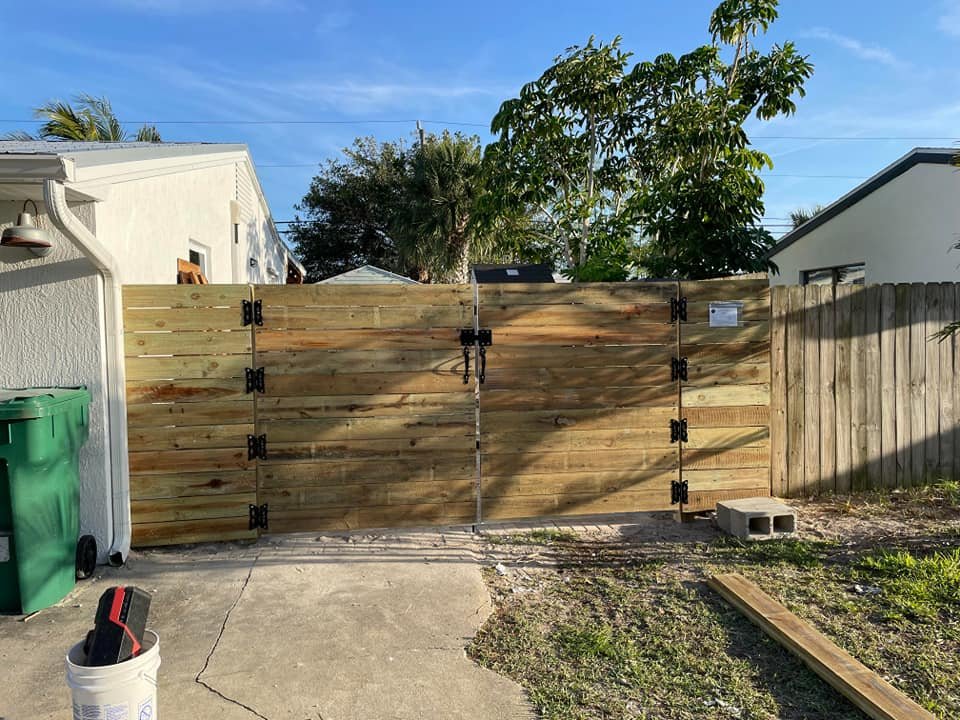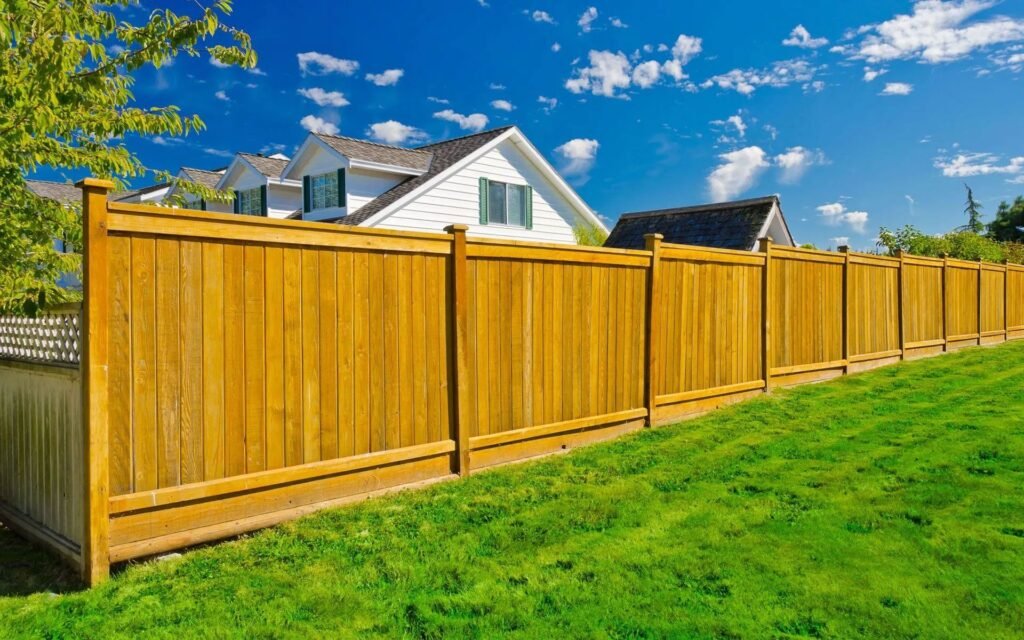Fence Laws in Florida: Fences offer privacy, delineate boundaries, and raise the value of a property. There are some specifications that must be satisfied regardless of the type of fence that is built. When installing a fence, people in Florida are subject to several laws and rules. People may be penalised or even forced to take it down if they refuse.
Unauthorised fence installations are permitted by individuals. If the property is an empty lot, it may be governed by, as regulations differ between places and governmental entities. Before putting up any fence, it is crucial for property owners to have a recent survey showing exactly where their property lines are.
Fence Laws in Florida :-
Adjacent landowners in Florida are not required by law to build fences dividing their properties.

If a landowner decides to construct a border fence, the neighbouring landowner is not required to contribute to the cost unless it was previously agreed.
It’s a good idea to draw a written contract outlining the agreement if you intend to install a boundary fence with your neighbour and split the cost of maintenance. A well-drafted written agreement will go a long way towards preventing future disagreement. A border fence agreement should contain:
- The parties’ names and signatures
- A detailed description of the property, the fence, and its position
- The duties of each party in relation to the construction and upkeep of the fence
- a notary public, and at least two independent witnesses
Additionally, Florida case law prohibits the construction of “spite fences,” which are fences constructed solely to infringe upon a neighbor’s property rights. If a fence was built with malicious intent rather than for a legal reason such deterring trespassing or vandalism, it may be deemed a nuisance in Florida.
Pool perimeter fencing
Having said that, Florida does mandate the construction of fences around both public and private swimming pools, as well as other water leisure amenities like spas and hot tubs. The following specifications must be met by public pool fences.
- Around the entire boundary
- Must be at least four feet tall.
- Self-closing, lockable, self-latching, and at least four-foot tall gates that open away from the pool are required.
- The closest point between the pool and the equipment area must be within 10 feet of a gate.
- The gate’s latches must be placed on the side facing the pool, at a minimum distance of 45 inches from the bottom and 3 inches from the top.
Private residential pools must adhere to the following rules:
- Have an outer height of at least 4 feet
- Must have any cracks, holes, apertures, or protrusions that a young kid could use to easily climb through or over the fence.
- If the fence is breached, be placed at least 20 inches away from the water to prevent a person from falling into the water right away.
- All fence horizontal members need to be placed on the inner side or separated by at least 45 inches.
- The maximum gap between horizontal and vertical members is 1.75 inches.
- Cannot be situated so close to a permanent structure (like a shed) that it would be possible for someone to scale the fence
Laws governing tree trimming
It’s not unusual for a tree’s branches to cross a property line and hang over a neighbor’s property. Regarding these creeping branches, Florida has laws. Depending on the state of the tree, you may be able to legally prune any branches that extend over your property boundary.

You may, at your own expense, prune the tree’s branches down to the property boundary if it’s in good health. Healthy branches falling on your property won’t necessarily make your neighbour responsible.
On the other hand, if the branches are dead, your neighbour must take care of them or risk being held liable for any harm the falling branches cause to your property.